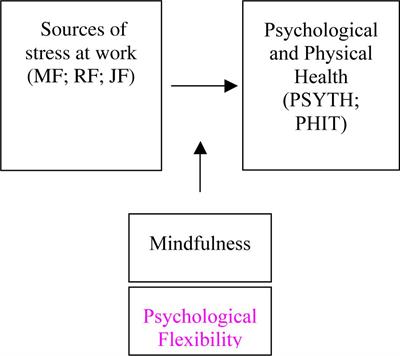211 Radical Acceptancedialectical Behavioral Training
Today, Marielle and Ed discuss the skill of Radical Acceptance. Radical Acceptance is a Distress Tolerance skill that helps you stop fighting reality, however painful that reality is. When you can fully open up and radically accept what is happening in the present moment, suffering decreases.
- Training Courses Dialectical Behavior Therapy
- Dialectical Behavioral Therapy For Children
- Dialectical Behavioral Therapy Training
- 211 Radical Acceptancedialectical Behavioral Training Techniques
Think of emotional regulation as a sort of built-in psychological etiquette that most humans have evolved to possess over the ages. Everyone within a relatively normal condition of emotional and mental health has the innate ability to read and react to situations appropriately, without any sort of training.
Training Courses Dialectical Behavior Therapy

- St Francis Radical Learning Academy is awesome!! St Francis has been a night school for adults for thirty years. Over that time some 70000 adult learners have been able to access low cost education and skills training programmes. St Francis grew out of the deep desire of Indigenous African people for education.
- Radical healing involves critical consciousness, radical hope, strength and resistance, cultural authenticity and self-knowledge, and collectivism. We provide suggestions for how to apply this model of radical healing to clinical practice, research, training, and social justice advocacy.
“Radical acceptance is the starting point for any change.”

Dialectical Behavioral Therapy For Children
Show Highlights:
- Getting too focused on change can sometimes backfire
- Radical acceptance is not against change
- Radical acceptance is different than plain old acceptance
- Our instinct is often to fight painful things that are happening
- Radical acceptance is not negating a sense of justice or fairness
- Denial of reality can keep us from taking steps towards change
- Acceptance does not equal approval
- Accepting painful things can be a process
- The first step in moving forward from painful things is accepting that they did happen
- Sadness often comes up when we radically accept
- Pain is a part of life for everyone – it can’t be avoided
- It’s a fallacy to think that if you accept things you don’t like about yourself you won’t change
- Radical acceptance doesn’t mean we don’t have preferences
- We need to radically accept the past
- If you are practicing Radical Acceptance of something in the future make sure you are only accepting known limitations
- Willing Hands is a skill that can help you Radically Accept
- To practice Willing Hands, turn your palms towards the sky and relax your arms
- When we fight reality, we are often holding a lot of tension in our bodies

Links & Resources
Would you like to ask a question and have the chance for it to be answered on the podcast? If so, please use this form. Please note that asking a question and this podcast in general is for educational purposes only and is not a substitute for individual mental health treatment.

Often, when we are affected by intense negative emotions, our natural reaction to them can be anger, feeling upset and blaming the situation or others about our unfortunate feelings. Some of us are more inclined to blame ourselves - we're judging ourselves and we very easily find all the 'faulty' things we wish we didn't have. Whichever of these reactions we have, the truth is that our negative, intense emotions are still there. Maybe we are ruminating over a past event that affected our present and we just can't get over the fact that it did happen and we can't do anything to change the past. Radical acceptance means fully accepting our reality and letting go of the bitterness. It refers to realizing that fighting what is already happening just leads to more pain.
Dialectical Behavioral Therapy Training
211 Radical Acceptancedialectical Behavioral Training Techniques
We'll present two exercises that will help you accept what you can't change. In order to do something about a problematic situation, you first have to accept what is already happening. Thus, you'll release the energy that was previously spent on uncomfortable emotions and thoughts and you'll be more able to make a proactive plan for change.
